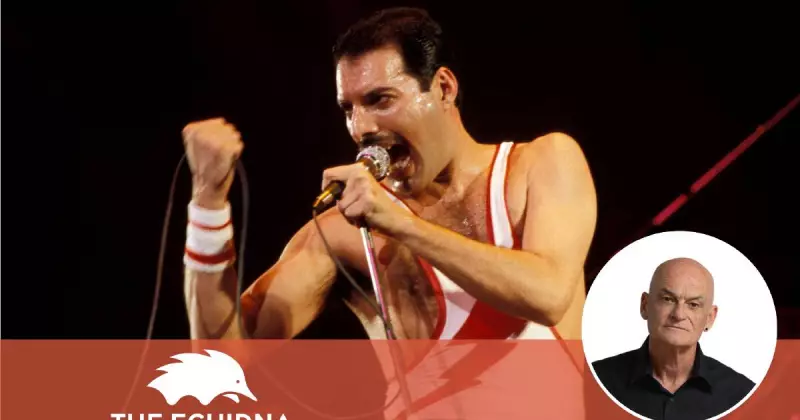
When the electrifying chorus of Queen's Don't Stop Me Now bursts through your speakers, something extraordinary happens to your brain. That complex network of chemicals and circuitry illuminates like a city skyline at twilight, according to scientific analysis.
The slow opening bars trigger a dopamine release - the same chemical response you experience when anticipating your favourite meal or during those initial thrilling moments of falling in love. As Freddie Mercury's powerful vocals soar, your motor cortex synchronises with the beat, prompting foot-tapping and head-nodding while your heart rate increases.
The Science Behind Musical Joy
Researchers at Queen Mary University of London have uncovered compelling evidence about why certain songs create such powerful emotional responses. Their study of chart-topping tracks over the past fifty years reveals that pop melody complexity has significantly decreased since 2000.
Modern music production techniques are shortening intros, compressing choruses and smoothing out the distinctive edges where personality and vibrancy traditionally flourished. This shift toward repetitive, algorithm-friendly compositions has led to fewer what psychologists call "autobiographical emotional triggers" - those evocative melodies that become permanently woven into your personal history.
When Music Becomes Memory
Think about that song playing during your first kiss, or the ballad dominating airwaves during your initial heartbreak. These tracks function as emotional bookmarks, serving as three-minute time machines that transport you back to moments of romantic hopefulness and catastrophic insecurity.
The most recent pop songs with comparable energy to Don't Stop Me Now include The Black Eyed Peas' I Got A Feelin' and Flo Rida's Good Feeling - both released over fifteen years ago. Notably, both titles reference that crucial element: feeling.
Contemporary pop often mistakes minimalism for sophistication, but enduring music typically embraces opposite qualities - maximalist approaches featuring substantial hooks and roaring choruses. These are songs that strut confidently rather than shuffle apologetically.
The Cultural Shift in Music Consumption
Multiple factors contribute to this musical evolution. Music was once a shared experience, with communities listening collectively to radio broadcasts. Today, the industry has fragmented into thousands of micro-genres and personalised playlists, creating isolated listening islands in a vast ocean of echo chambers.
We're also inundated with new content, with Spotify and other streaming platforms adding over 100,000 new tracks daily. This relentless demand for fresh material inevitably produces increased mediocrity, explaining why modern music often feels charmless and disappears into algorithmic obscurity before the final note fades.
Meanwhile, Don't Stop Me Now continues to be voted among the most uplifting songs ever recorded. Its enduring power stems from its genuine celebration of joy - it's fast, frantic, and Mercury's performance radiates such authentic enjoyment that the feeling becomes contagious.
That's the magic of truly great songs like Don't Stop Me Now - you never want them to stop.





